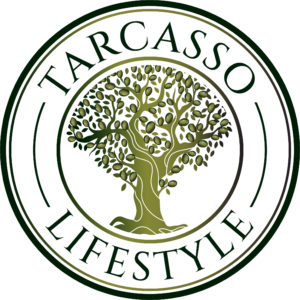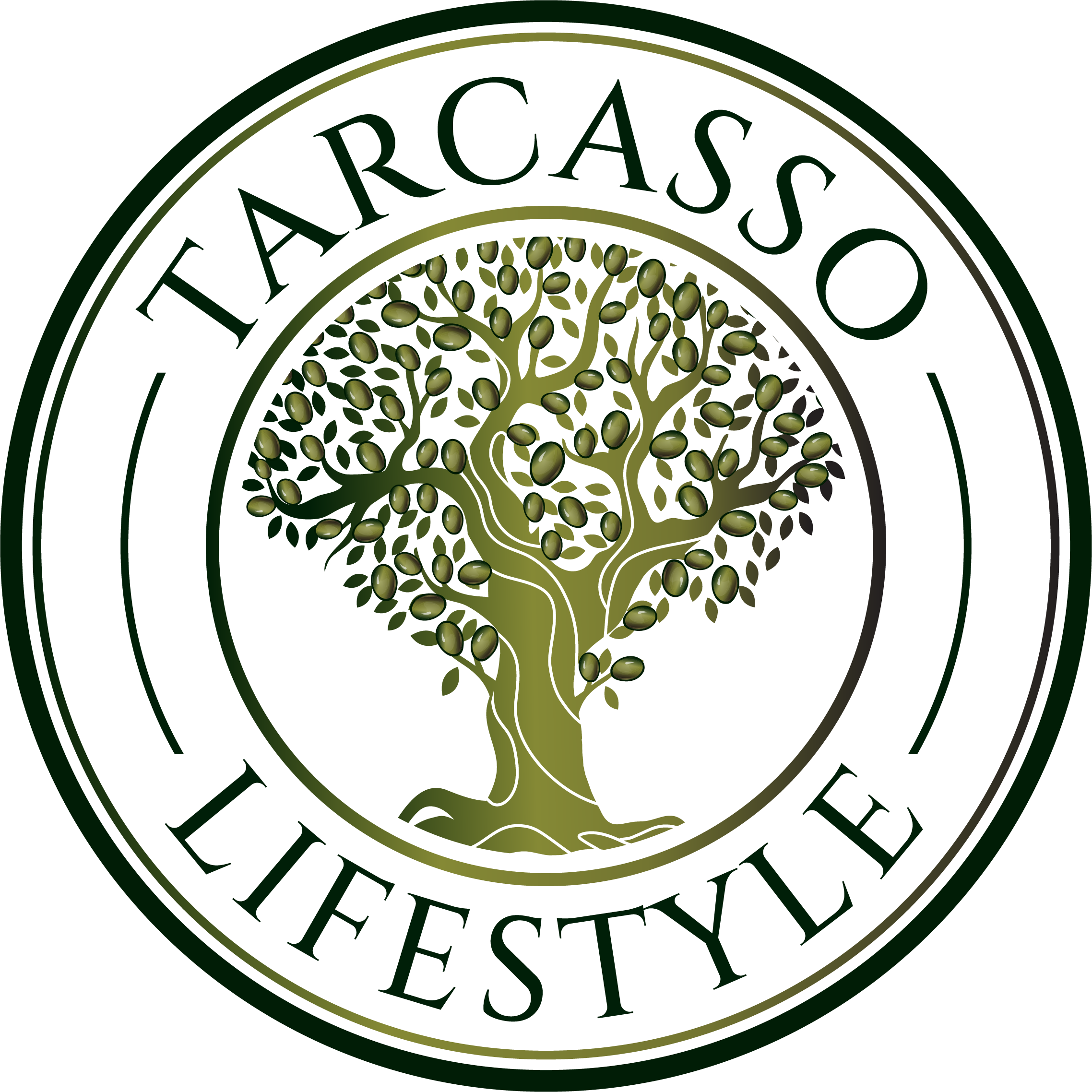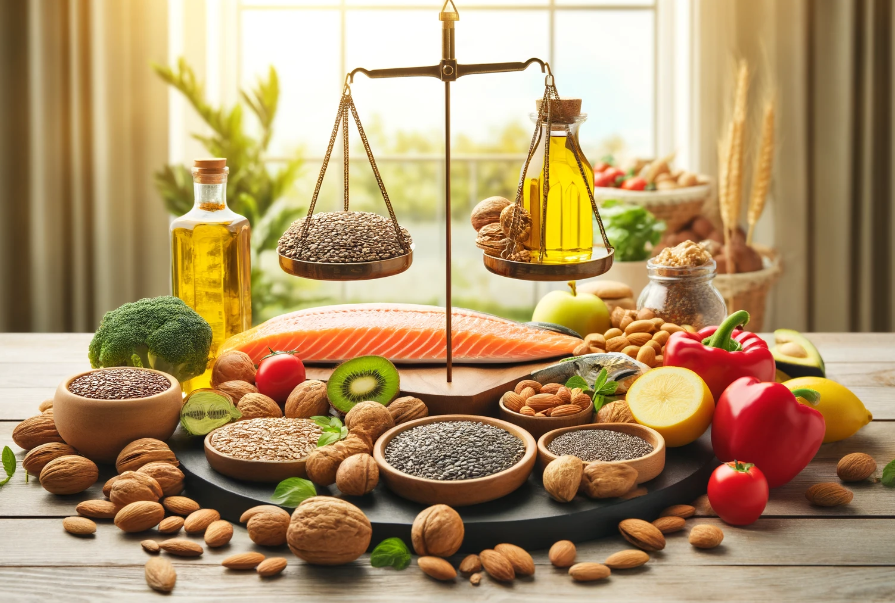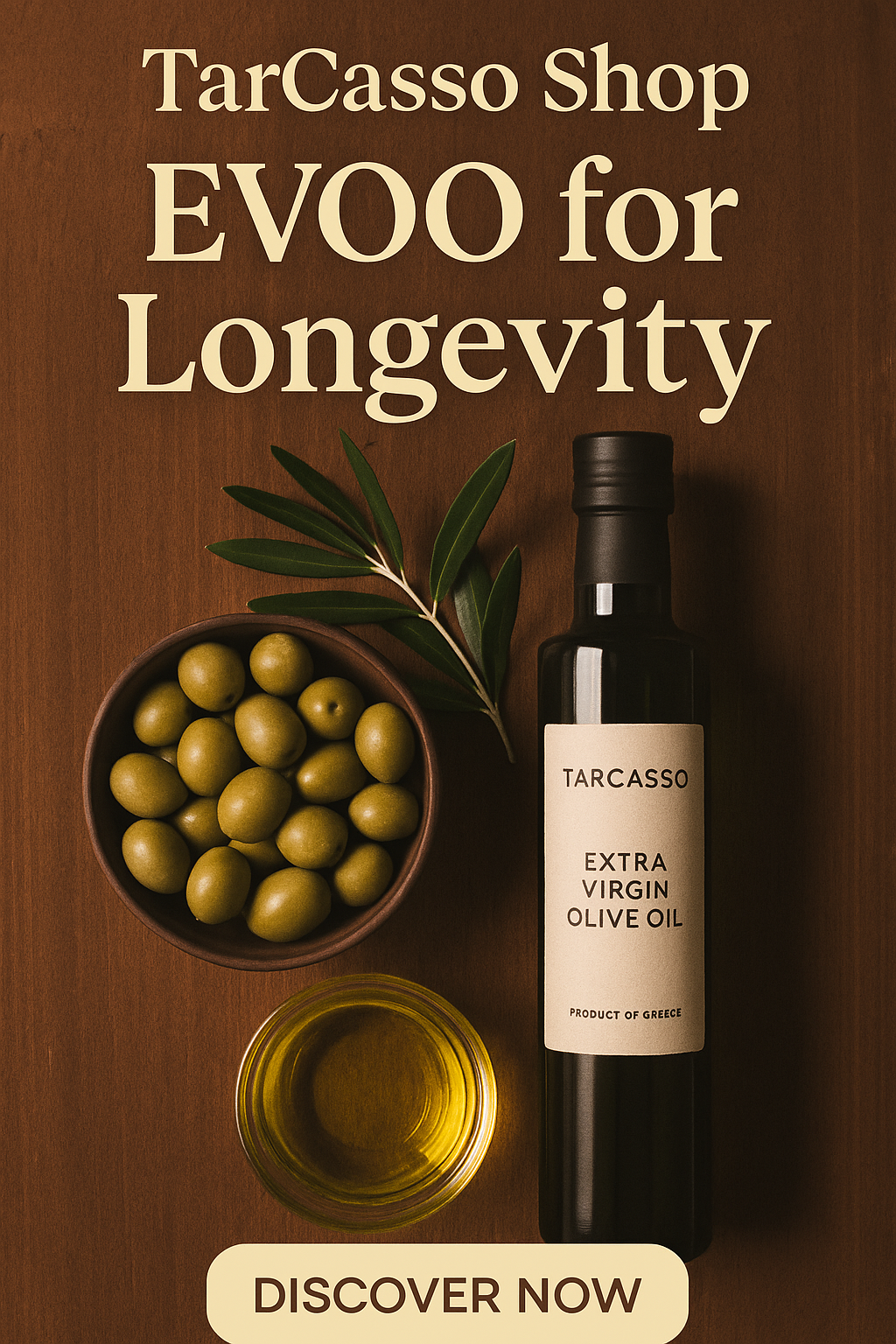Understanding the balance of nutrients in our diet is crucial in the quest for optimal health. Among these nutrients, omega-6 and omega-3 fatty acids stand out for their significant impact on our physical and mental well-being. These essential fats are pivotal in maintaining our health, especially as we age, but achieving the right balance between them is equally important. In this article, we’ll explore the roles of omega-6 and omega-3 fatty acids, their sources, and how to achieve a healthy ratio for a vibrant life.
The Roles of Omega-6 and Omega-3 Fatty Acids
Omega-6 and omega-3 fatty acids are polyunsaturated fats that play critical roles in our bodies. They are termed “essential” because our bodies cannot produce them; we must obtain them through our diet.
- Omega-6 Fatty Acids: These fats are vital for brain function, growth, and development. They also contribute to the skin and hair health, bone health, and reproductive system function. Omega-6 fats are primarily involved in inflammatory processes. While inflammation is a necessary response to injury and infection, chronic inflammation is linked to various diseases such as arthritis, cardiovascular disease, and cancer.
- Omega-3 Fatty Acids: Omega-3 fats are known for their anti-inflammatory properties. They are crucial for heart health, reducing the risk of chronic diseases, and supporting mental health. These fats are integral to brain function and development, and they have been shown to reduce symptoms of depression and anxiety. Omega-3s also play a role in lowering blood pressure, reducing triglycerides, and preventing blood clots.
Sources of Omega-6 and Omega-3 Fatty Acids
Omega-6 fatty acids are abundant in many common foods, which can sometimes lead to an imbalance in their ratio to omega-3s. Major sources include:
- Vegetable oils (such as soybean, corn, and sunflower oils)
- Nuts and seeds
- Processed foods and fast foods
Omega-3 fatty acids, on the other hand, are less prevalent in the typical Western diet. Key sources include:
- Fatty fish (such as salmon, mackerel, sardines, and trout)
- Flaxseeds and chia seeds
- Walnuts
- Algal oil (a plant-based source)
- Omega-3 enriched eggs
The Importance of the Omega-6 to Omega-3 Ratio
Historically, humans consumed these fatty acids in a ratio of about 1:1. However, the modern Western diet, rich in processed foods and vegetable oils, has skewed this balance to ratios as high as 20:1. This disproportionate intake is associated with increased inflammation and a higher risk of chronic diseases.
A balanced ratio of omega-6 to omega-3 is crucial for reducing inflammation and promoting overall health. Research suggests that aiming for a ratio closer to 4:1 or even 2:1 can significantly benefit cardiovascular health, reduce the risk of chronic diseases, and support mental well-being.
Tips for Achieving a Healthy Balance
- Increase Omega-3 Intake: Incorporate more omega-3-rich foods into your diet. Aim for at least two servings of fatty fish per week or consider a high-quality fish oil supplement if you’re not a fan of fish.
- Choose Healthier Oils: Replace vegetable oils high in omega-6 with those lower in these fats, such as olive oil or avocado oil. These alternatives also offer additional health benefits.
- Limit Processed Foods: Reduce your intake of processed and fast foods, which are often high in omega-6 fatty acids. Opt for whole, minimally processed foods instead.
- Incorporate Plant-Based Omega-3s: Add flaxseeds, chia seeds, and walnuts to your diet. These are excellent plant-based sources of omega-3 fatty acids.
- Balance Your Plate: Ensure each meal includes a variety of nutrients. Combine sources of omega-3s with plenty of vegetables, lean proteins, and whole grains.
Conclusion
Achieving the right balance of omega-6 and omega-3 fatty acids is a cornerstone of a healthy diet. By understanding their roles, sources, and the importance of their ratio, we can make informed choices that promote better health and well-being. For conscious consumers, particularly baby boomers seeking to age gracefully, prioritizing this balance can lead to a more vibrant and healthy life.
Incorporating these changes into your lifestyle may require some adjustments, but the benefits to your physical and mental health are well worth the effort. Embrace the power of these essential fats and take a step towards a healthier future.





